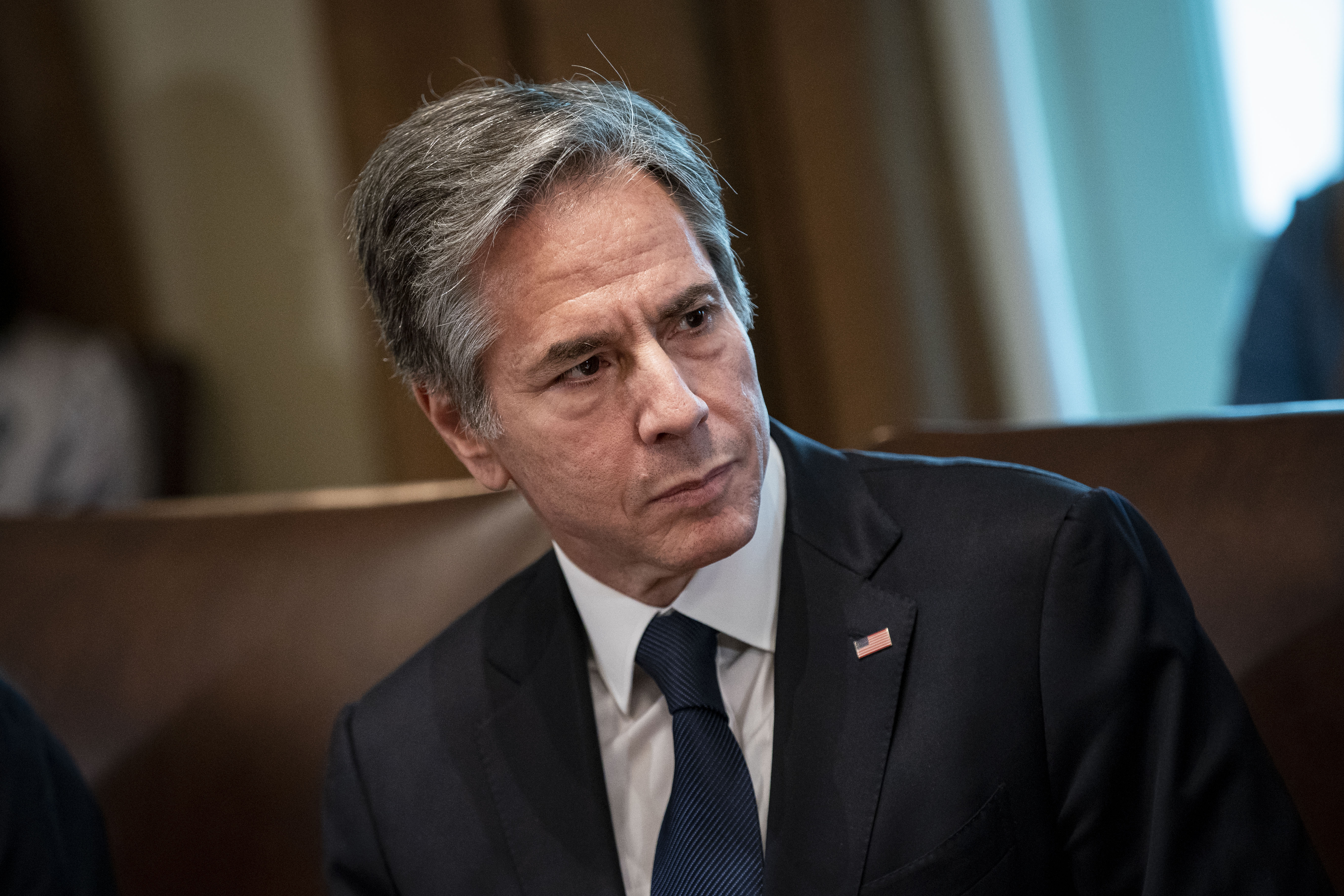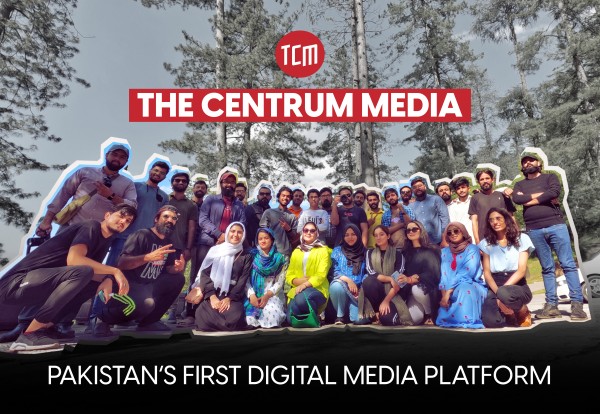The International Press Institute (IPI), a global network of editors, media executives and leading journalists from press freedom, today called on US Secretary of State Antony Blinken to raise press freedom and harassment of journalists during his talks with Indian officials in New Delhi.
Secretary Blinken is on a two-day visit to India, where he will meet his counterpart S. Jaishankar, Prime Minister Narendra Modi and other senior government officials. Human rights will figure on the agenda of his talks with Indian officials.
In a letter to Secretary Blinken, IPI has urged him to raise the issue of declining press freedom and the harassment of independent journalists and media organizations in the country.
“The government of Prime Minister Narendra Modi has displayed complete intolerance to criticism and resorted to legal harassment to punish those journalists and media organizations who are critical of its policies and speak truth to power”, IPI Executive Director Barbara Trionfi said in the letter to Secretary Blinken. “Draconian laws like sedition, the Unlawful Activities Prevention Act and the Disaster Management Act have been regularly invoked against several prominent editors and journalists who dared to question government’s policies and actions, especially its response to the COVID-19 pandemic.”
“The recent revelations that some 40 journalists were targeted with the Pegasus spyware shows the extent to which the government has gone to invade the professional and private lives of journalists in order to stifle press freedom and human rights in the country”, Trionfi noted.
See the full text of the letter here:
—–
His Excellency Antony Blinken
Honourable Secretary of State
United States
27 July 2021
Honourable Secretary Blinken,
The International Press Institute (IPI), a global network of editors, media executives and leading journalists founded in 1950 at your alma mater Columbia University to defend press freedom and promote independent journalism, is extremely gratified to hear that you will be raising the issue of human rights and democracy in your meetings with Indian policymakers and government officials during your current visit.
We would like to bring to your notice the stifling press freedom environment in which independent media is operating in India, amidst threats and legal harassment by the government at the centre and in the states ruled by the Bharatiya Janata Party.
Since the beginning of this year, as many as 18 cases of attacks on journalists, eight cases of arrests and 20 cases of legal harassment have been recorded by IPI. In all these incidents, journalists and media organizations were targeted for their criticism of the federal or state governments. These attacks are part of an increasingly hostile climate towards independent journalism in India, which has resulted in a chilling effect and forced journalists to practice self-censorship in the largest democracy in the world.
The government of Prime Minister Narendra Modi has displayed complete intolerance to criticism and resorted to legal harassment to punish those journalists and media organizations who are critical of its policies and speak truth to power. Draconian laws like sedition, the Unlawful Activities Prevention Act and the Disaster Management Act have been regularly invoked against several prominent editors and journalists who dared to question government’s policies and actions, especially its response to the COVID-19 pandemic.
The recent revelations that some 40 journalists were targeted with the Pegasus spyware shows the extent to which the government has gone to invade the professional and private lives of journalists in order to stifle press freedom and human rights in the country.
Besides filing cases, the government has relied on other measures to intimidate media organizations. Last week, the Income Tax department raided offices on the largest circulating Hindi language daily, Dainik Bhaskar, and accused the news organization of evading taxes running into hundreds of thousands of dollars without providing any evidence. The newspaper has extensively covered the impact of the health crisis and published photos of dead bodies floating in the river, which ostensible offended the government.
We, therefore, urge you to raise the issue of press freedom during your bilateral meetings with Indian leaders.
We shall be extremely grateful if you would make a public statement expressing concern over the rapid decline in press freedom and harassment of journalists, as this would raise the sagging morale of editors and journalists in the country, as well as remind the Indian government that the international community has not turned a blind eye to the sordid developments in India.
We hope that you will consider our request.
Yours sincerely
Barbara Trionfi
Executive Director



